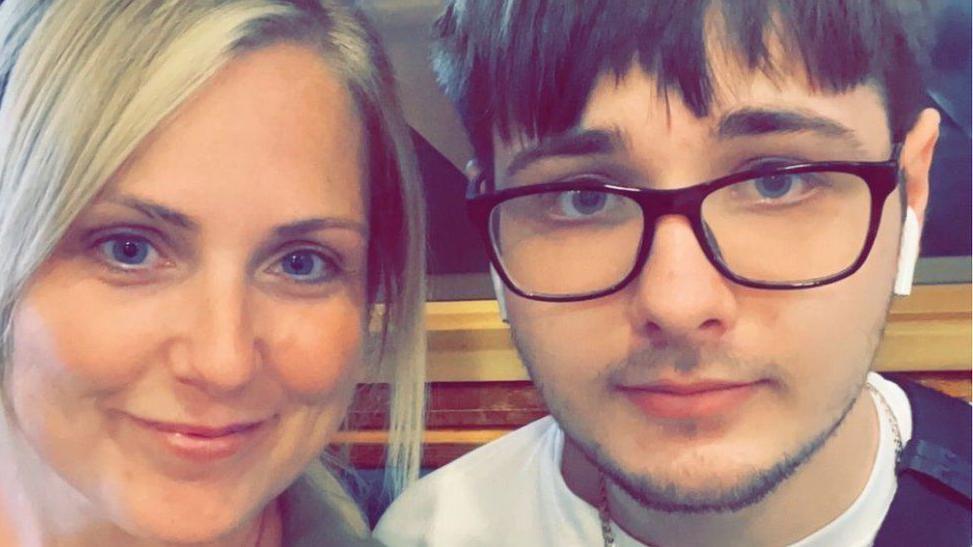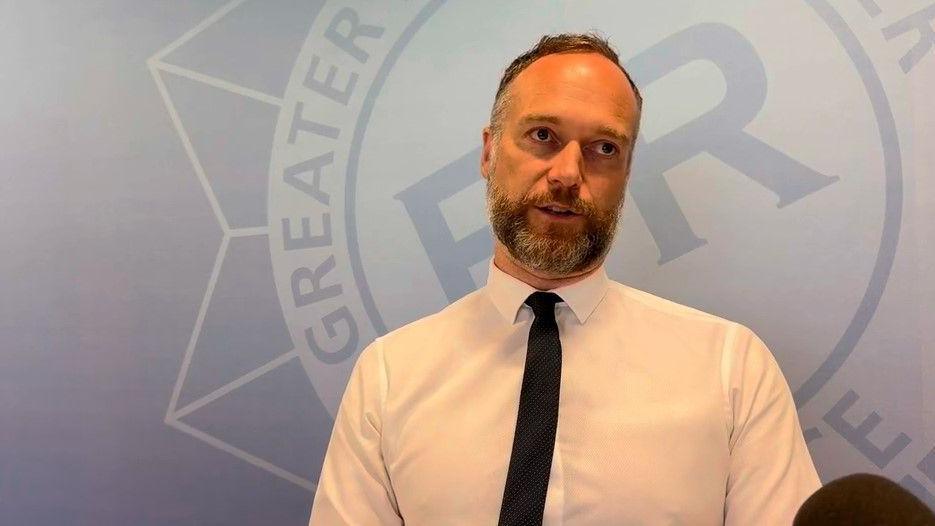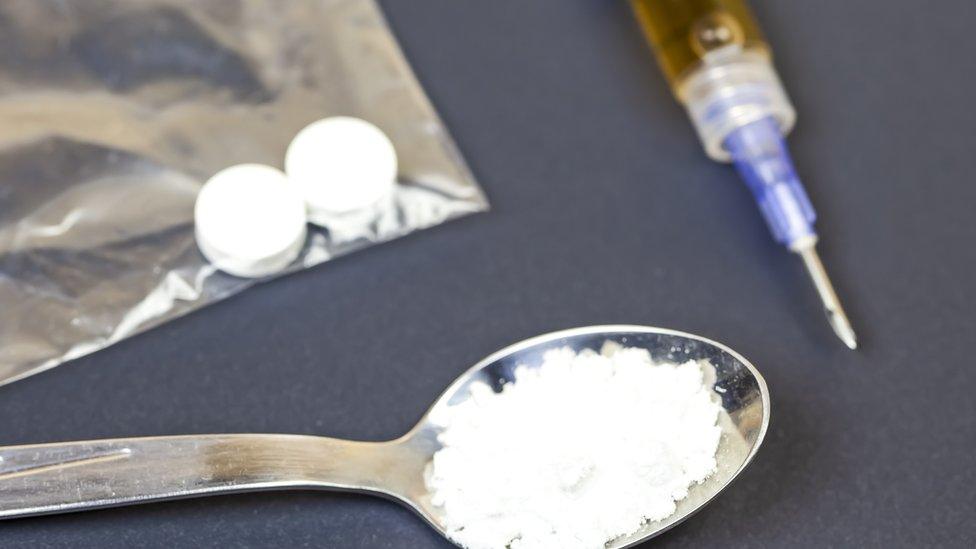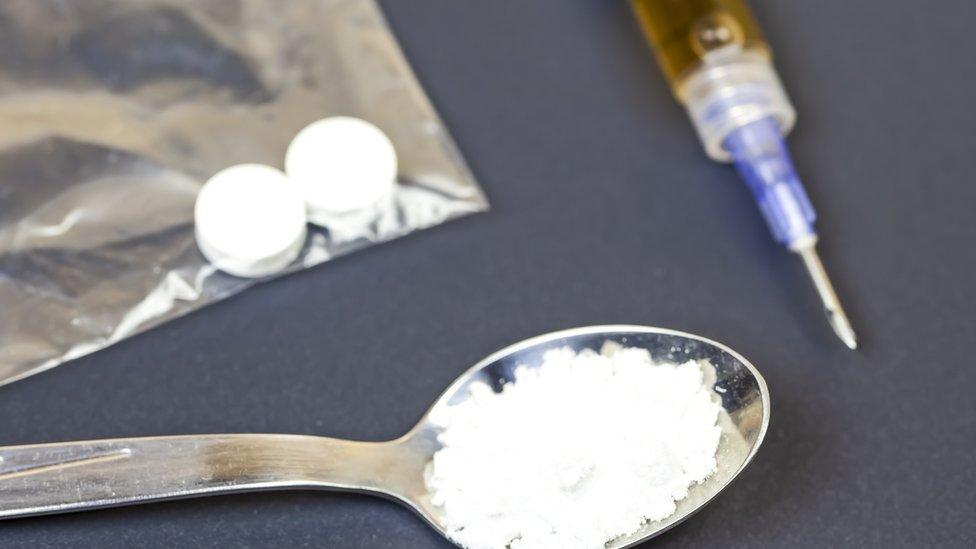Warning over drugs that can kill in tiny doses

Harry Durose died after taking fake Valium tablets suspected of being laced with powerful synthetic opioids known as nitazenes
- Published
Police and public health leaders have warned it has "never been" more dangerous to take drugs thanks to the arrival of super-strength man-made opioids.
Nitazenes can be hundreds of times stronger than heroin but unscrupulous drug suppliers have been mixing them into other drugs - despite potentially "dire consequences".
Vulnerable Tameside man Harry Durose, 21, died from taking what police believe to have been fake Valium laced with nitazenes on March 2.
The force said it believes at least three other deaths have been linked to the drugs, although it can take time for tests results to come back.
Det Supt Joseph Harrop, head of organised crime at Greater Manchester Police, said the potentially lethal substances are believed to be produced in China.
The force believes they have been imported by individuals buying fake prescription drugs over the dark web, and also in wholesale quantities that are then mixed with street heroin.
Det Supt Harrop told the BBC: "Nitazene supply is like any other organised crime - It's just a means for criminals to make money.
"If they can produce synthetic opioids that are cheaper, easier to do, and they can make significant sums of money from it, then that's what they'll do."

Detective Superintendent Joseph Harrop said at least four deaths in Greater Manchester had been linked to nitazenes in the past 18 months
In March, the BBC reported how Mr Durose had been prescribed diazepam for a chronic condition called hypermobility, which can cause fatigue, pain and stiffness in joints and muscles, and for joints to dislocate easily.
His mother Amy said she believed he had tried to buy the drug himself on the black market as he "struggled to sleep with his pain in his legs" after his doctor ended his prescription.
Jon Hobday, Greater Manchester public health lead for drugs and alcohol, described nitazines as "extremely potent".
He said their introduction into the UK market appears to have followed a steep reduction in the production of heroin, after the government in Afghanistan cracked down on the production of opium poppies.
Drug dealers began to turn to another type of synthetic opioid, fentanyl, until that was made illegal by the Chinese government.
'Absolutely dire consequences'
"I think it's the drug market making changes in response to law in other countries," he told the BBC.
"Unfortunately what it has resulted in is some very, very dangerous drugs being mixed with usual street drugs which are causing significant issues."
Mr Hobday said from experiences in Manchester, one of the major concerns with nitazines is the fact most users do not realise they are taking them until it is too late.
He said: "If it's laced with nitazenes in any way, shape or form it can have absolutely dire consequences in the form of overdose.
"And it only takes very, very small amounts and the issue is, particularly with fake prescription drugs, they can just look like normal drugs."
Mr Hobday said people with drug addiction issues have been issues with testing strips which can give an indication if a substance has been laced with nitazenes.
Police officers and other emergency services personnel have also been issues with Naloxone, a drug that can rapidly reverse an overdose.
However Mr Hobday said the only safe option is not to take illicit drugs.
"The risks are getting greater and greater so it's never been a riskier time to be taking non-prescription drugs."
Listen to the best of BBC Radio Merseyside on Sounds and follow BBC Merseyside on Facebook, external, X, external, and Instagram, external. You can also send story ideas to northwest.newsonline@bbc.co.uk, external
Related topics
- Published20 March 2024

- Published21 March 2024
